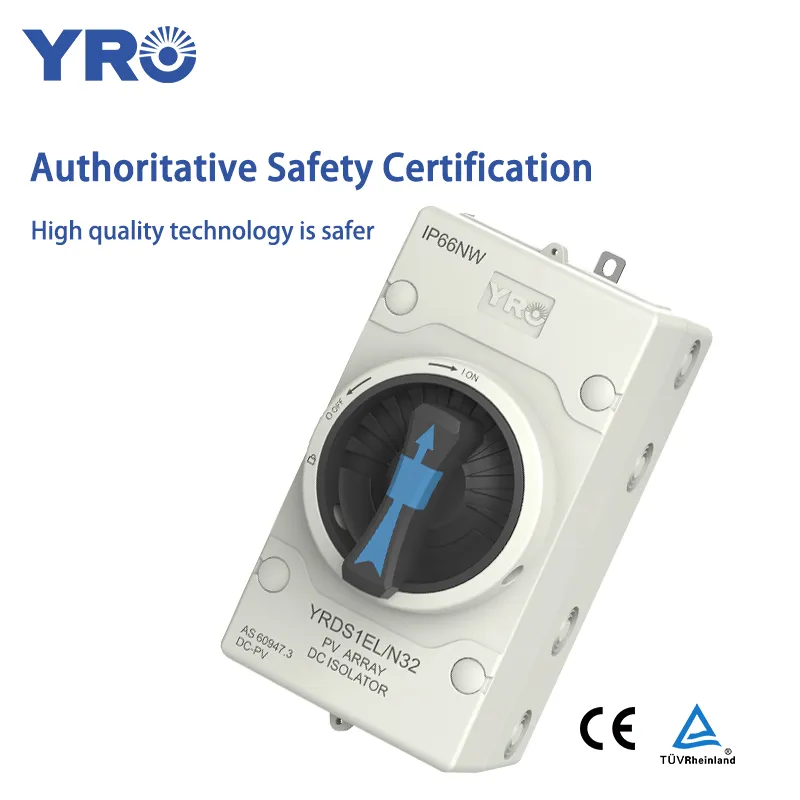Why Do Electrical Systems Need Disconnect Switches?
2025-09-06
If you work in the electrical industry, you might be quite familiar with disconnect switches. But in other industry fields, many people do not understand this kind of equipment, and some have not even heard of it. Although this product is not usually mentioned as often as circuit breakers, it is very helpful in ensuring operational safety and compliance with regulations. This article will introduce the uses of disconnect switches in electrical systems and their application in different scenarios.
Safety First
The most fundamental reason why electrical systems need disconnectors switch is safety. When conducting regular maintenance, equipment upgrades or emergency handling, operators need a clear and reliable method to cut off the power supply to specific parts of the system. The disconnector switch serves such a function. Once it is turned on, the power supply to the part under maintenance will be cut off, while the other parts remain electrified.
Compliance with Electrical Codes
Most countries and regions require the use of disconnect switches in various installation scenarios through their electrical codes. Taking Singapore as an example, its regulations state: "The transmission licensee shall specify the point at which every supply line shall terminate in any premises which is or is to be supplied with electricity." The purpose of these regulations is to ensure that the system can be effectively isolated when needed.
In many places, it is stipulated that without the installation of isolation devices, electrical systems may fail acceptance inspections. Therefore, for manufacturers and customers, complying with these regulations helps enhance the product's credibility in the market.
Where Are Disconnect Switches Typically Applied?
- Power Systems: In power systems, disconnect switches are used to isolate power sources and fault areas, ensuring the stable operation of the power system. They are commonly used in scenarios such as high voltage distribution devices, substations, and transmission lines.
- Industrial Sector: In the industrial sector, disconnect switches are used for power control of equipment such as machine tools, production lines, and distribution panels, ensuring the safety of equipment maintenance and operation.
- Residential and Commercial: In residential and commercial environments, disconnect switches are used for power control of distribution systems, lighting, air conditioning, and other equipment, ensuring electrical safety.
- New Energy: In solar energy systems, disconnect switches are used to safely disconnect the power supply, preventing backflow or electric shock risks.

Enhancing System Reliability
The structural design of low voltage disconnectors switch focuses on durability and can adapt to various working environments, including the weather conditions of outdoor solar power stations and the vibration and dust conditions of industrial sites. This design helps the system maintain long-term stable operation.
The use of disconnectors can share part of the work of other protective devices, because they are specifically responsible for circuit isolation, which helps to extend the service life of the entire electrical system.
An Important Component of Modern Electrical Systems
Low voltage disconnect switches are not only about meeting regulatory requirements but also reflect the emphasis on operational safety, operational efficiency, and system reliability. These devices can prevent electrical accidents and facilitate maintenance work, and they are widely used in electrical systems across various industries.
After selecting the appropriate disconnect switch and installing it correctly, it can ensure the safe power shutdown of electrical systems during maintenance.
With the development of renewable energy applications and industrial automation, disconnect switches continue to play an important role in ensuring the safety and stable operation of electrical systems.





